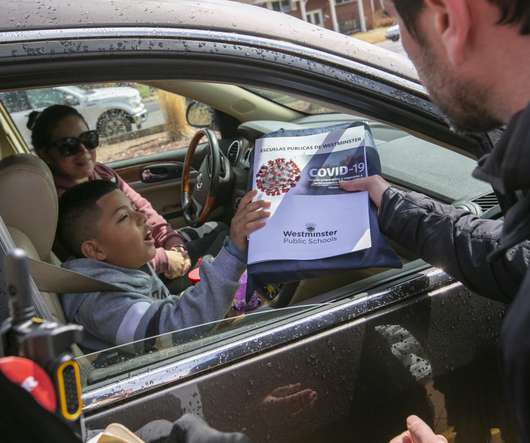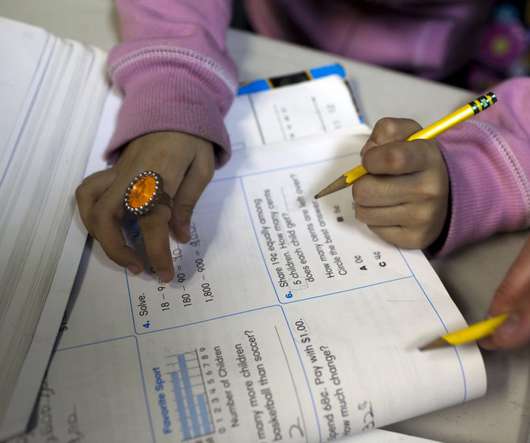5 Ideas to Improve Rural Education in America
The CoolCatTeacher
MARCH 24, 2017
Additionally, only 55% of rural America has broadband access versus 94% of urban America. Download this episode to listen offline by right-clicking here and choosing “Save As.” ” In today’s show, we’ll discuss: Promoting more broadband access. The need for more rural education advocacy.















Let's personalize your content